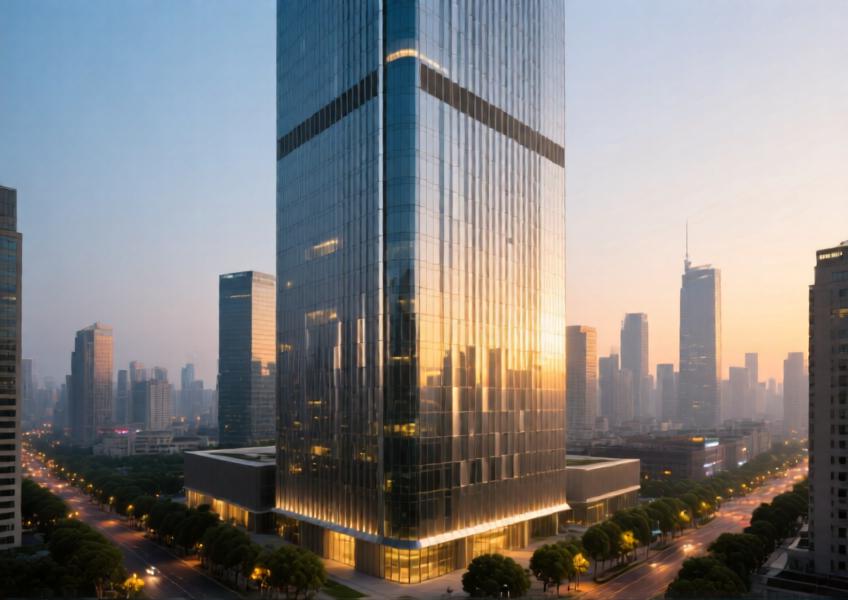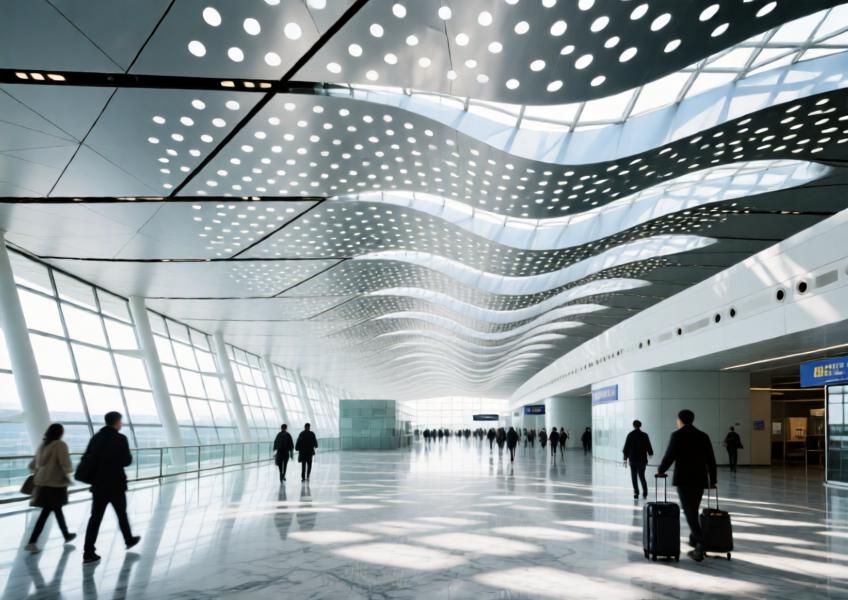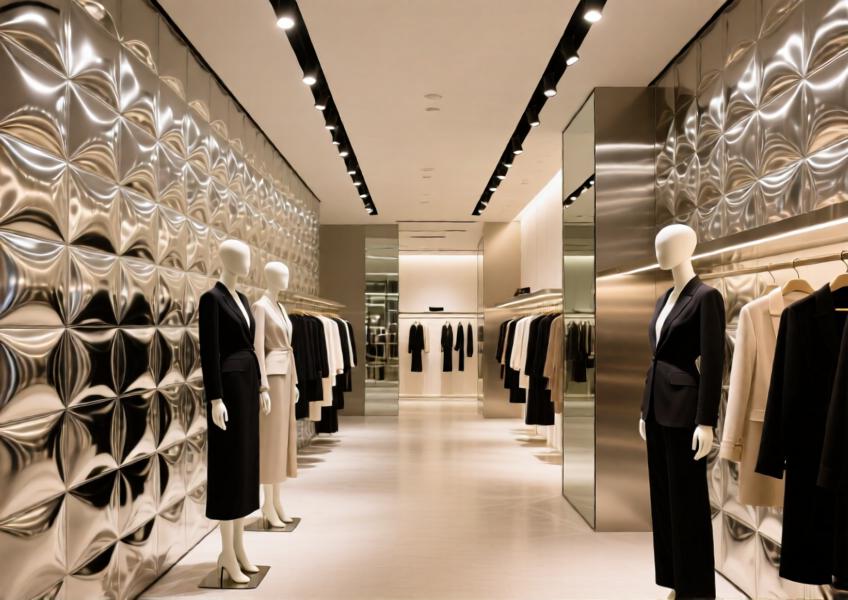

In the evolving world of architectural design, the demand for materials that combine aesthetics, durability, and functionality has never been higher. Aluminum cladding materials have emerged as a top choice for both curtain wall systems and interior decoration, particularly in high-end residential and commercial projects. Their versatility allows architects to push the boundaries of modern design while meeting rigorous structural and environmental standards.
Aluminum cladding materials are prized for their lightweight nature and impressive strength-to-weight ratio. This makes them ideal for curtain wall applications, where large expanses of exterior facades need to be covered without imposing excessive loads on the building structure. In cities like Shanghai and Dubai, where skyscrapers dominate the skyline, aluminum cladding has become a staple in creating sleek, reflective façades that not only enhance visual appeal but also provide thermal insulation and weather resistance.

Beyond the exterior, aluminum cladding materials are increasingly being used in interior design to create dynamic spatial experiences. From airport terminals to luxury retail spaces, designers are using perforated or embossed aluminum panels to manipulate light and shadow, crafting atmospheres that feel both modern and inviting.

In one notable public decoration project in Beijing, aluminum cladding was used to form a wave-like ceiling feature in a high-traffic transit hub, combining acoustic performance with visual elegance.
The adaptability of aluminum cladding materials extends to customization. Available in a wide range of finishes—brushed, anodized, painted, or metallic—they can be tailored to match any design vision. Moreover, their recyclability aligns with the growing emphasis on sustainable architecture. Many high-end residential decoration projects now specify aluminum cladding for feature walls or ceiling details, appreciating both its eco-friendly profile and its ability to reflect a contemporary aesthetic.

As construction technologies advance, so too do the applications of aluminum cladding materials. From parametrically designed façades that respond to solar orientation to modular interior systems that allow for easy maintenance and reconfiguration, aluminum continues to redefine what is possible in architectural and decorative engineering. Its enduring popularity is a testament to its performance, adaptability, and timeless elegance.